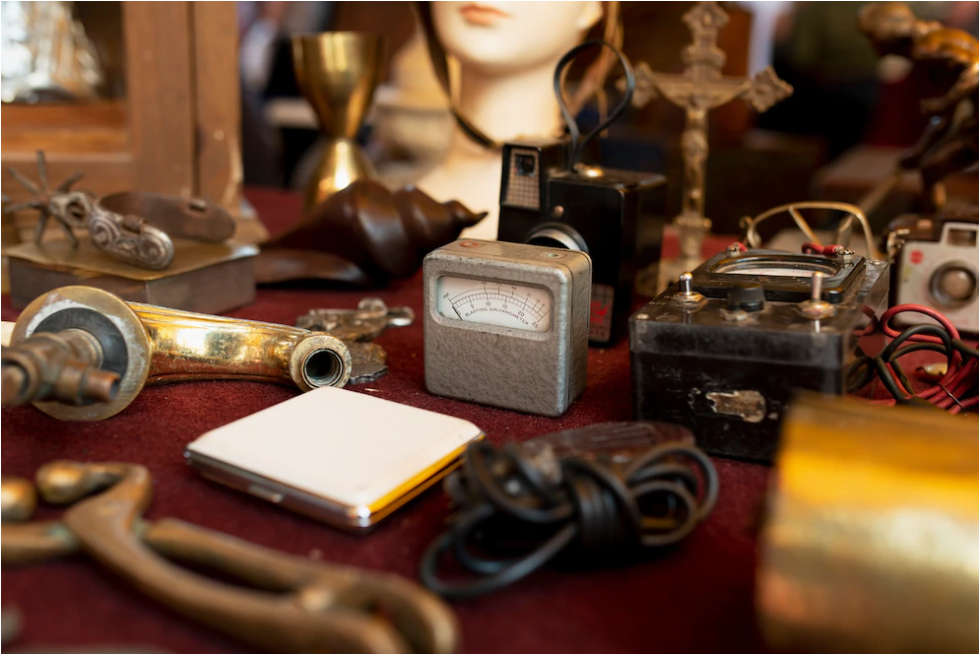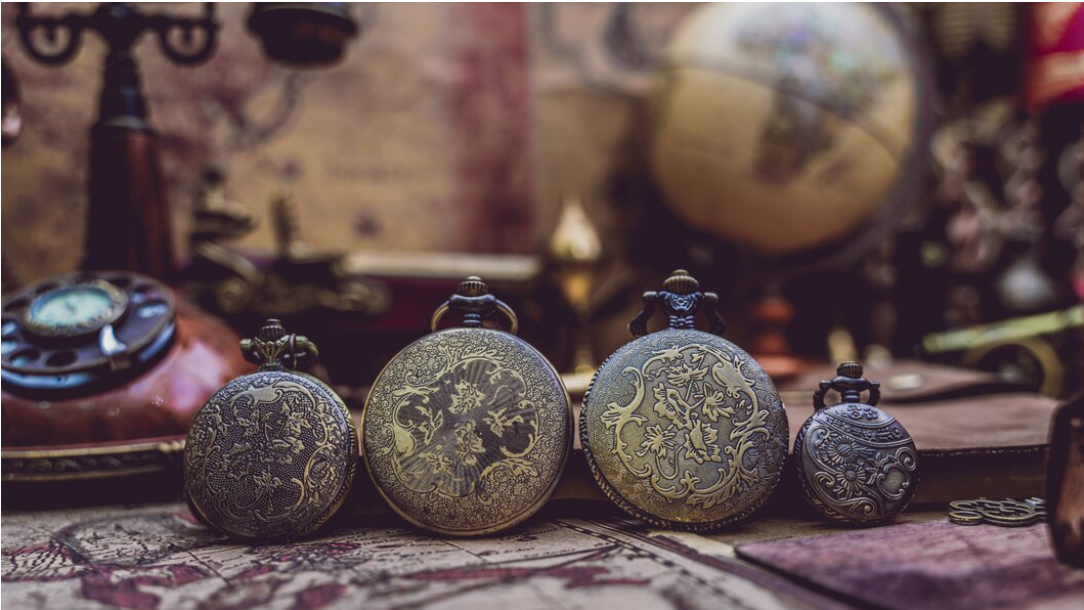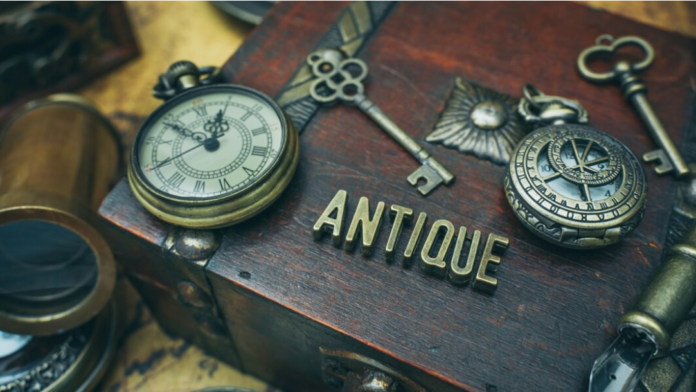The world of antique collection is one of mystery and discovery, where the hunt for the perfect piece can take a person across the globe and back in time. It’s a world where the past and present collide, and where the value of an object is not just in its beauty, but in its history and the stories it holds.
Antiques are highly sought after for their beauty, historical significance, and rarity. Whether you are a seasoned collector or just starting, there are a few key things to consider when collecting rare and unique antiques.
Ultimate Guide To Help You Get Started
- Determine your focus: The first step in collecting antiques is to decide what you are interested in. Consider factors such as your personal interests, the type of antique you are drawn to (such as furniture, jewelry, or art), and the time period and region that interest you. This will help you narrow your search and make it easier to find and evaluate potential additions to your collection. Having a clear focus will also help you become more knowledgeable about the types of antiques you are collecting, which can be helpful when authenticating and valuing items.
- Research and learn about antiques: To identify and authenticate rare and unique antiques, it is important to have a solid understanding of the history, styles, and characteristics of different types of antiques. There are many resources available to help you learn about antiques, including books, online articles, and antique dealers. You can also attend antique shows and events, and join local antique collectors’ clubs to meet other collectors and learn more about the hobby.
- Find a reputable dealer or seller: When purchasing antiques, it is important to work with a reputable dealer or seller. Look for someone who has a good reputation and can provide documentation or provenance for the items they are selling. This can help confirm the authenticity and history of the antique, which can greatly impact its value. Avoid buying from unknown sellers or those who are unwilling to provide information about the item’s history.
- Evaluate the condition of the antique: The condition of an antique can greatly impact its value. Look for signs of wear and tear, such as chips, cracks, or repairs, and consider how these will affect the value of the item. It is also important to consider the item’s overall appearance, as a well-maintained antique will generally be more valuable than one that has been neglected.

Img src – Freepick.com - Be patient and persistent: Building a collection of rare and unique antiques takes time and effort. Don’t be discouraged if you don’t find the perfect item right away – be patient and keep looking. You may also need to be persistent in your search, as rare and unique antiques can be difficult to come by.
- Learn about the market: It’s important to have a good understanding of the market for antiques in order to make informed purchasing decisions. This includes learning about the current trends, the demand for different types of antiques, and the prices that similar items have sold for in the past.
- Be prepared to pay a fair price: Rare and unique antiques are often expensive, and you should be prepared to pay a fair price for them. Research similar items to get a sense of the current market value, and be willing to negotiate with the seller if you feel the price is too high. However, be careful not to overpay for an item, as this can negatively impact the overall value of your collection.
- Know your budget: Collecting antiques can be an expensive hobby, so it’s important to set a budget and stick to it. Decide how much you are willing to spend on each piece, and try to stay within your budget.
- Consider the future value: While it’s important to collect items that interest you, it’s also a good idea to consider the potential future value of your antiques. Researching the market for different types of antiques can help you make informed decisions about which items to add to your collection. This can also help you plan for the future and potentially profit from your collection. However, it’s important to keep in mind that the value of antiques can fluctuate over time, so it’s not always a sure thing.
- Join a community: Connecting with other collectors can be a great way to learn more about antiques and find new pieces for your collection. Consider joining a local antique society or participating in online forums to connect with other collectors.
- Attend auctions and estate sales: Auctions and estate sales can be a great way to find unique and rare antiques at good prices. Keep an eye out for events in your area, and consider hiring a professional appraiser to help you determine the value of items you are interested in.
Tips For Collecting Rare And Unique Antiques

- Look for items with historical significance: Antiques with a unique or interesting history can be especially valuable and sought after by collectors. Look for items owned or used by notable figures or present during significant historical events. For example, a piece of furniture that belonged to a famous person or was used in an important event may be more valuable than a similar piece without such historical significance.
- Consider the rarity and demand for the item: The rarity of an antique can significantly impact its value. Look for items that are hard to find or that were produced in limited quantities. You should also consider the demand for the item – if there is a lot of interest in a particular type of antique, it may be more valuable. For example, a highly sought-after antique by collectors may be more valuable than a similar antique that is not as popular.
- Check for authenticity: It is important to verify the authenticity of an antique before purchasing it. Look for any markings or labels that can help confirm the age and origin of the item. You may also want to consult with an expert or have the item appraised to verify its authenticity. If an antique is not authentic, it will not be as valuable as an authentic piece.
- Take care of your antiques: Proper care and maintenance of your antiques are important to preserve their value. Store and display your antiques in a way that protects them from damage, such as by keeping them away from direct sunlight or extreme temperatures. Consider having them professionally cleaned and restored if necessary; it helps maintain their appearance and value.
- Don’t be afraid to ask for help: If you are new to collecting antiques, don’t be afraid to ask for help or advice from more experienced collectors or experts. They can provide valuable insights and guidance on finding and evaluating rare and unique antiques. You can also seek resources such as books, online articles, and antique dealers to help you learn more about the hobby.
By following these tips and doing your research, you can confidently build a collection of rare and unique antiques that will be both meaningful and valuable. Happy collecting!
Tags: Guide to Collect Unique Antiques, Collecting Rare and Unique Antiques, Ultimate Guide to Collect Antiques
